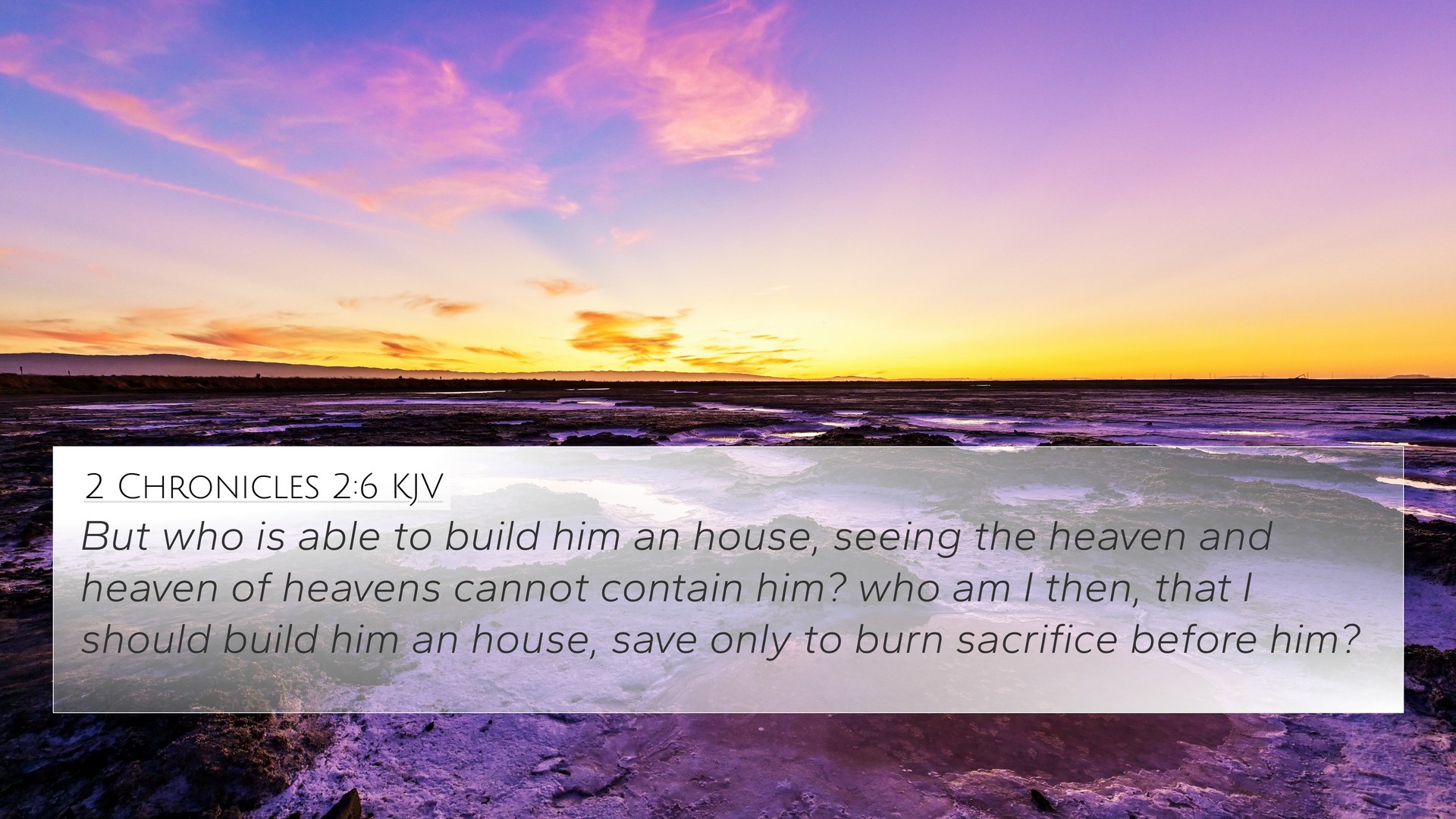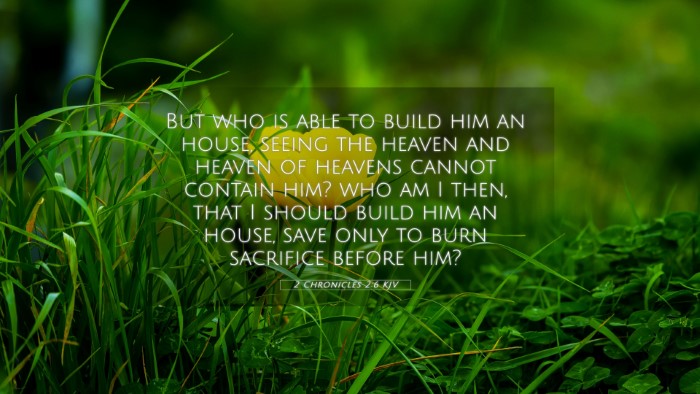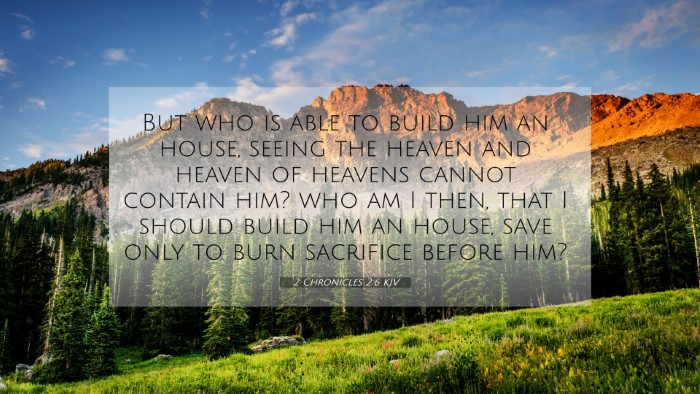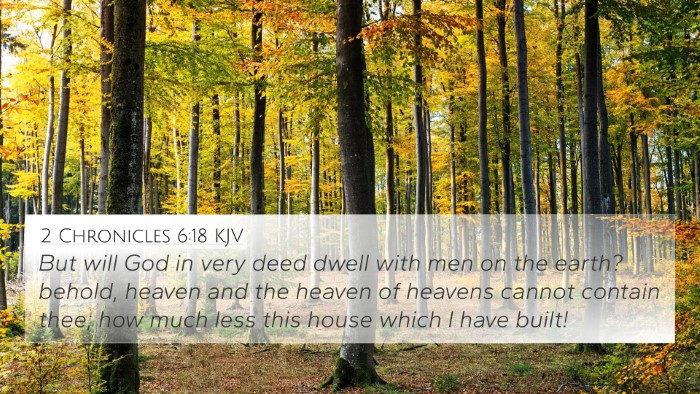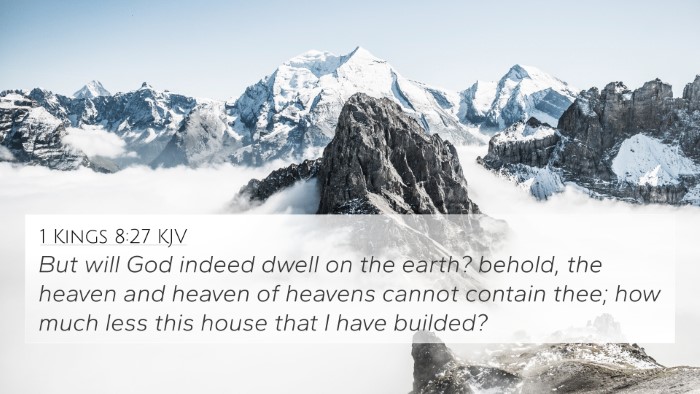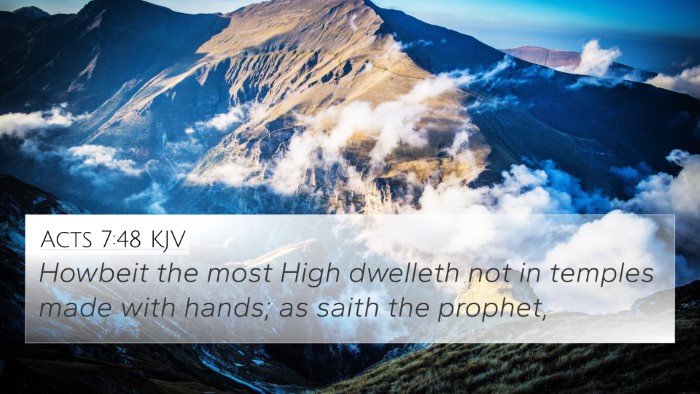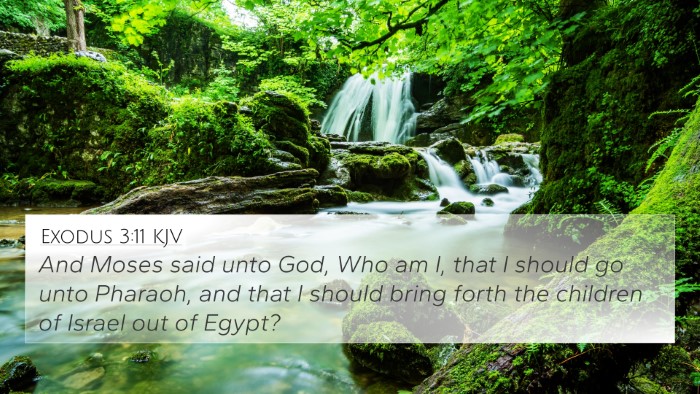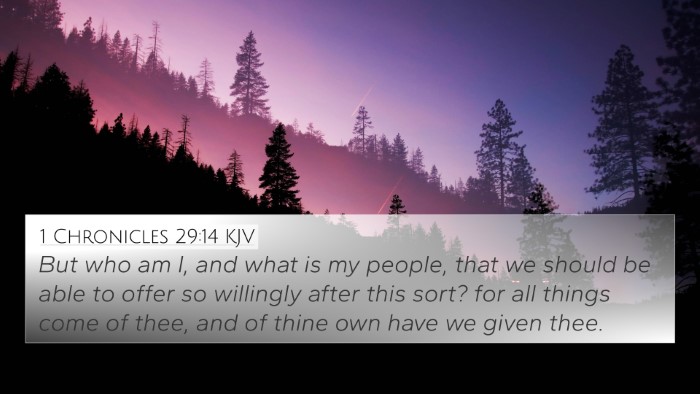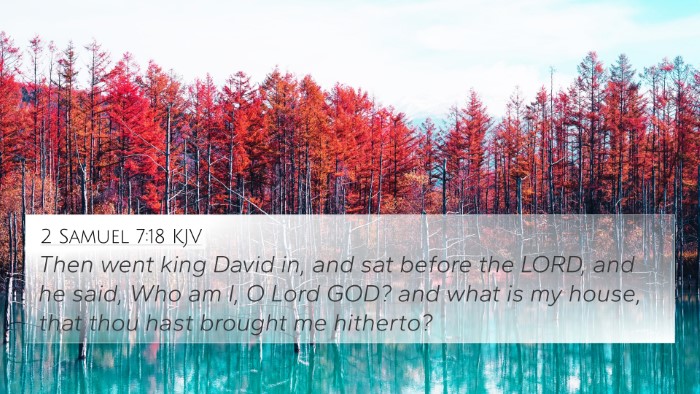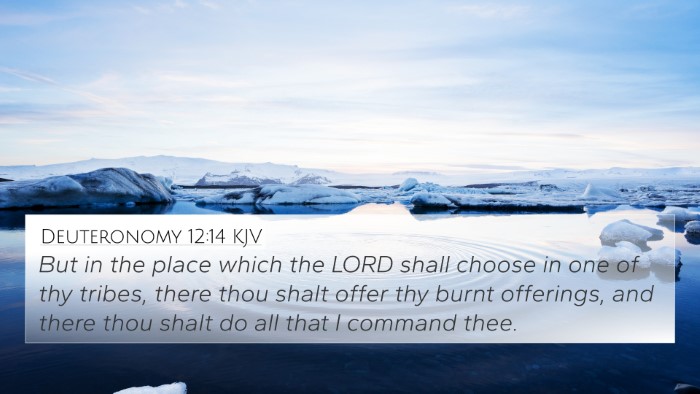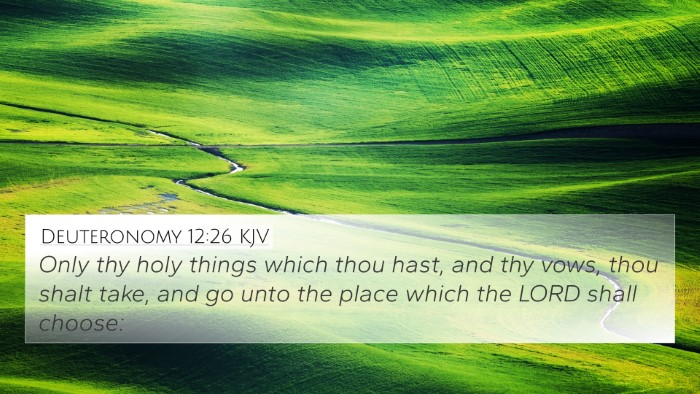Understanding 2 Chronicles 2:6
Verse: 2 Chronicles 2:6 - "But who is able to build him a house, seeing the heaven and heaven of heavens cannot contain him? who am I then, that I should build him a house, save only to burn sacrifice before him?"
Summary of Meaning
This verse captures King Solomon's humble recognition of the immense greatness of God. In the context of building the Temple, Solomon reflects on the impossibility of fully containing God's presence within a physical structure, underscoring humanity's limitations in comprehending the divine.
Insights from Public Domain Commentaries
Matthew Henry's Commentary
Matthew Henry emphasizes that Solomon acknowledges the grandeur of God compared to the paltry efforts of humans to create a dwelling for Him. Solomon’s statement illustrates a profound respect for God's omnipresence and infinite nature. Henry notes that the best human efforts fall short of adequately honoring God, reinforcing the notion that God does not dwell in temples made with hands.
Albert Barnes' Commentary
Albert Barnes points out that Solomon's rhetorical questions highlight both his humility and awareness of God’s majesty. He suggests that this verse encapsulates a deep theological understanding: although a temple can serve as a place for worship and sacrifice, God’s essence transcends earthly limitations. The 'heaven of heavens' illustrates the vastness of creation, further stating that God’s presence cannot be confined.
Adam Clarke's Commentary
Adam Clarke expands on Solomon's perspective, asserting that while a house can be built for God, it can never truly contain Him. Clarke emphasizes the importance of the sacrifices offered to God, as they represent genuine worship and devotion. He also comments on the notion that God's approval hinges not merely on the structure but on the sincere worship that takes place within it.
Connections to Other Bible Verses
This verse relates to several other scriptures that highlight similar themes of God's transcendent nature and the value of sincere worship. Below are important cross-references:
- 1 Kings 8:27 - "But will God indeed dwell on the earth? behold, the heaven and heaven of heavens cannot contain thee; how much less this house that I have builded!"
- Isaiah 66:1 - "Thus saith the LORD, The heaven is my throne, and the earth is my footstool: where is the house that ye build unto me?"
- Acts 7:48-50 - "Howbeit the most High dwelleth not in temples made with hands; as saith the prophet..."
- Psalm 139:7-10 - "Whither shall I go from thy spirit? or whither shall I flee from thy presence?"
- John 4:21-24 - Jesus speaks of true worshipers who worship God in spirit and truth, emphasizing the heart of worship over physical location.
- 2 Corinthians 6:16 - "And what agreement hath the temple of God with idols? for ye are the temple of the living God..."
- Hebrews 9:24 - "For Christ is not entered into the holy places made with hands, which are the figures of the true; but into heaven itself, now to appear in the presence of God for us."
Theological Themes
The theological themes reflected in this verse point towards the concept of God's transcendence and immanence. Solomon’s admission places emphasis on the following themes:
- Human Limitations: Recognizing that no structure can encapsulate the Divine.
- Worship and Sacrifice: The essence of what it means to worship God properly transcends the physical act of building a temple.
- God's Sovereignty: The entire universe is His creation, and thus, He is not contained within it.
The Importance of Cross-Referencing
Cross-referencing passages in the Bible enhances our understanding of individual scriptures and provides a richer context. In studying 2 Chronicles 2:6, we understand:
- Cross-referencing Biblical texts reveals the continuity of divine truth throughout the scripture.
- Tools for Bible cross-referencing, such as concordances and reference guides, can assist in exploring these connections.
- Identifying connections between Old and New Testament teachings helps elucidate the timeless nature of God's character.
- Comparative Bible verse analysis deepens the insight into God's nature and His expectations for worship.
Conclusion
In conclusion, 2 Chronicles 2:6 serves as a powerful reminder of God's majesty and the limitations of human efforts in offering proper worship. Through careful examination of related scriptures, believers can gain a more profound understanding of their faith and how they relate to God. This verse, along with its connections, invites reflections on worship that is sincere and meaningful, emphasizing that God desires our hearts over mere external practices.
